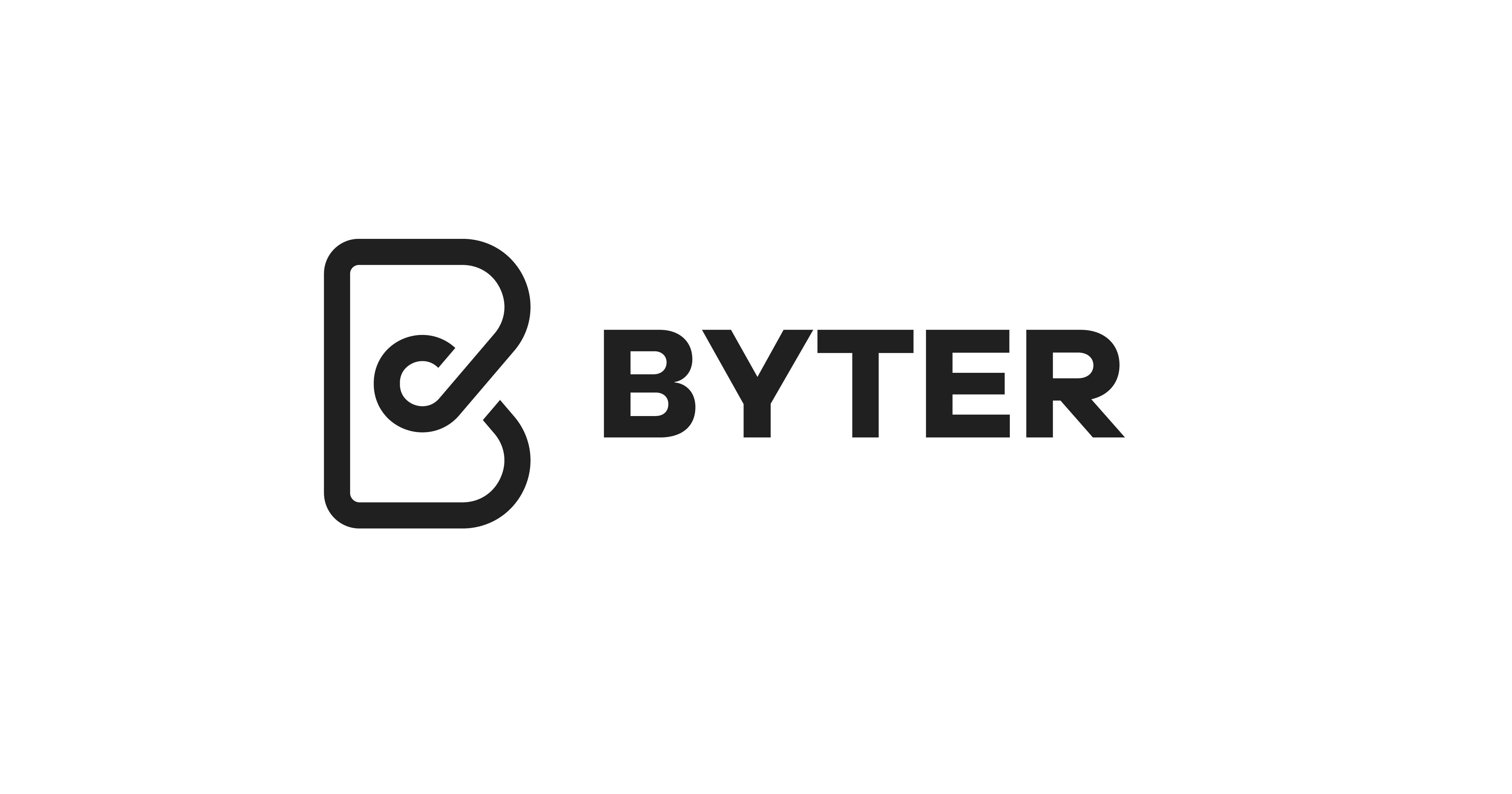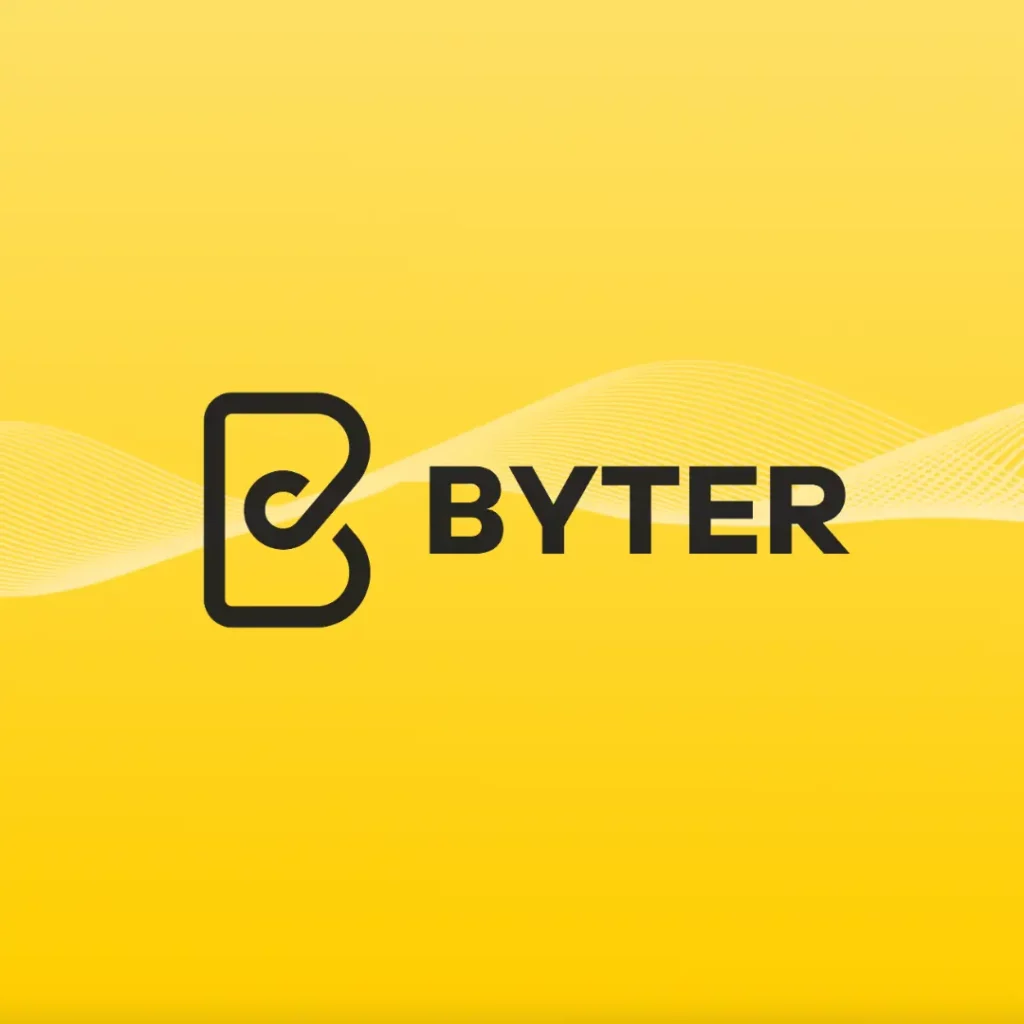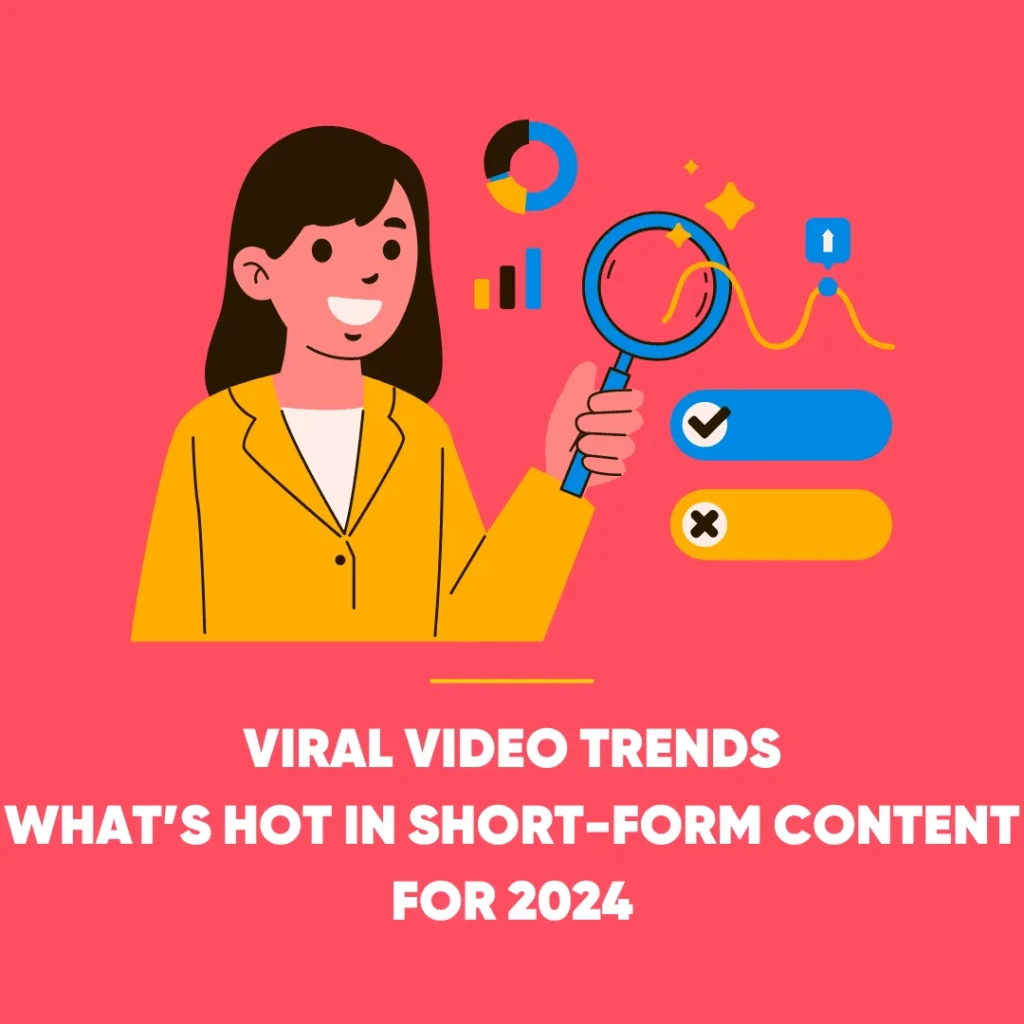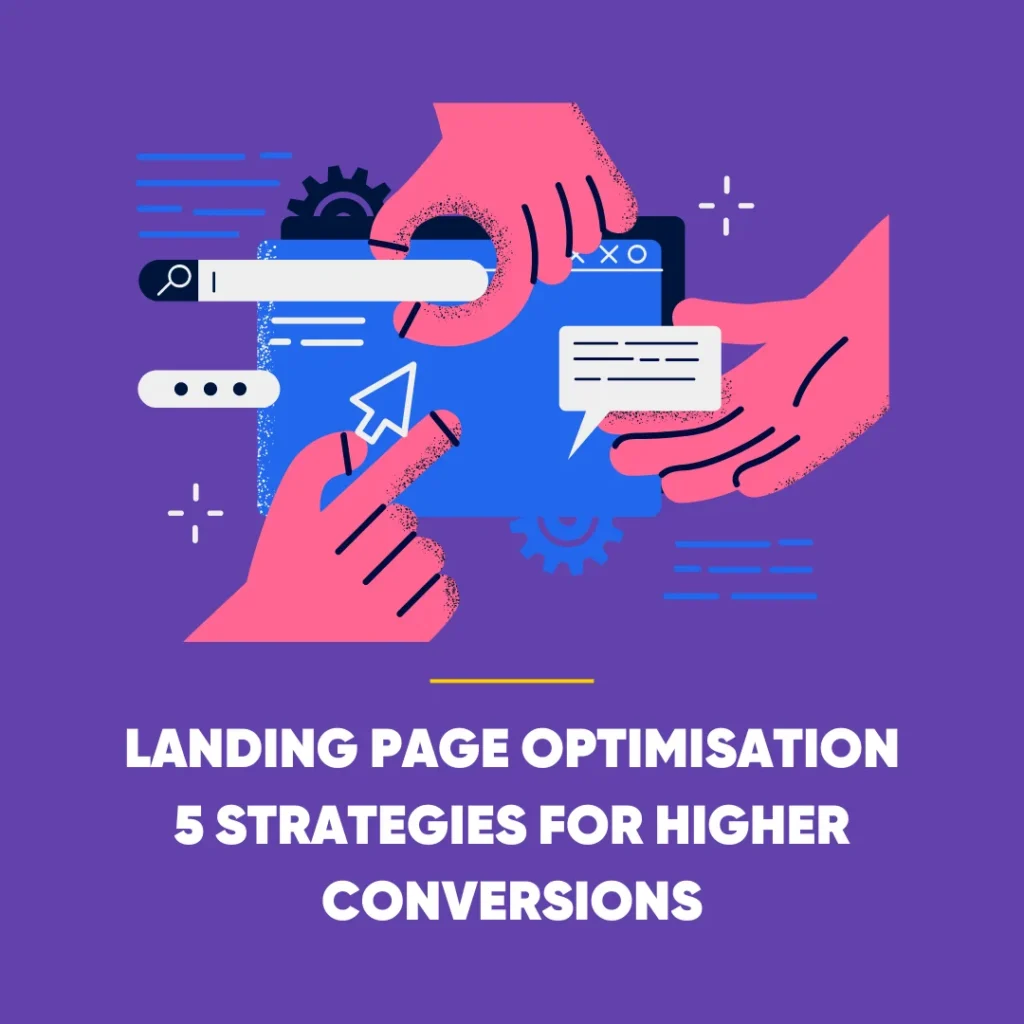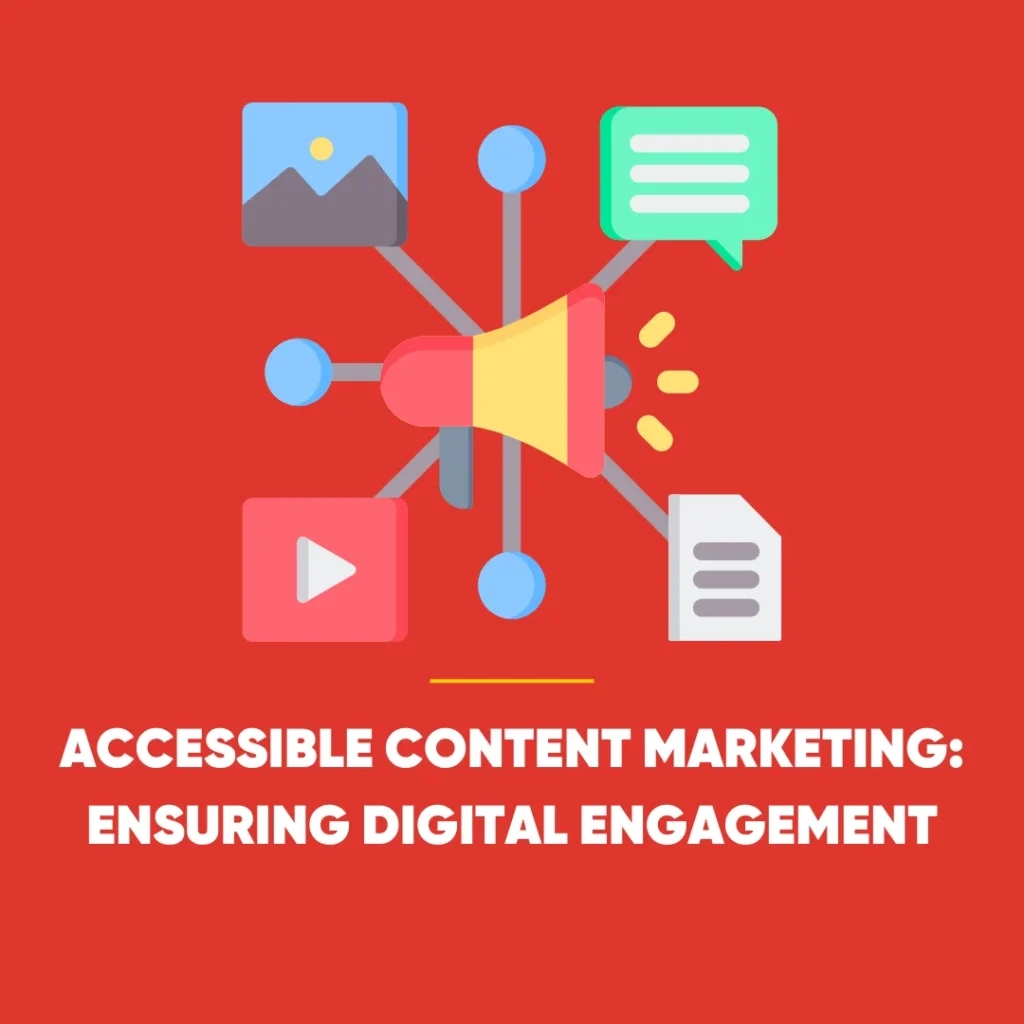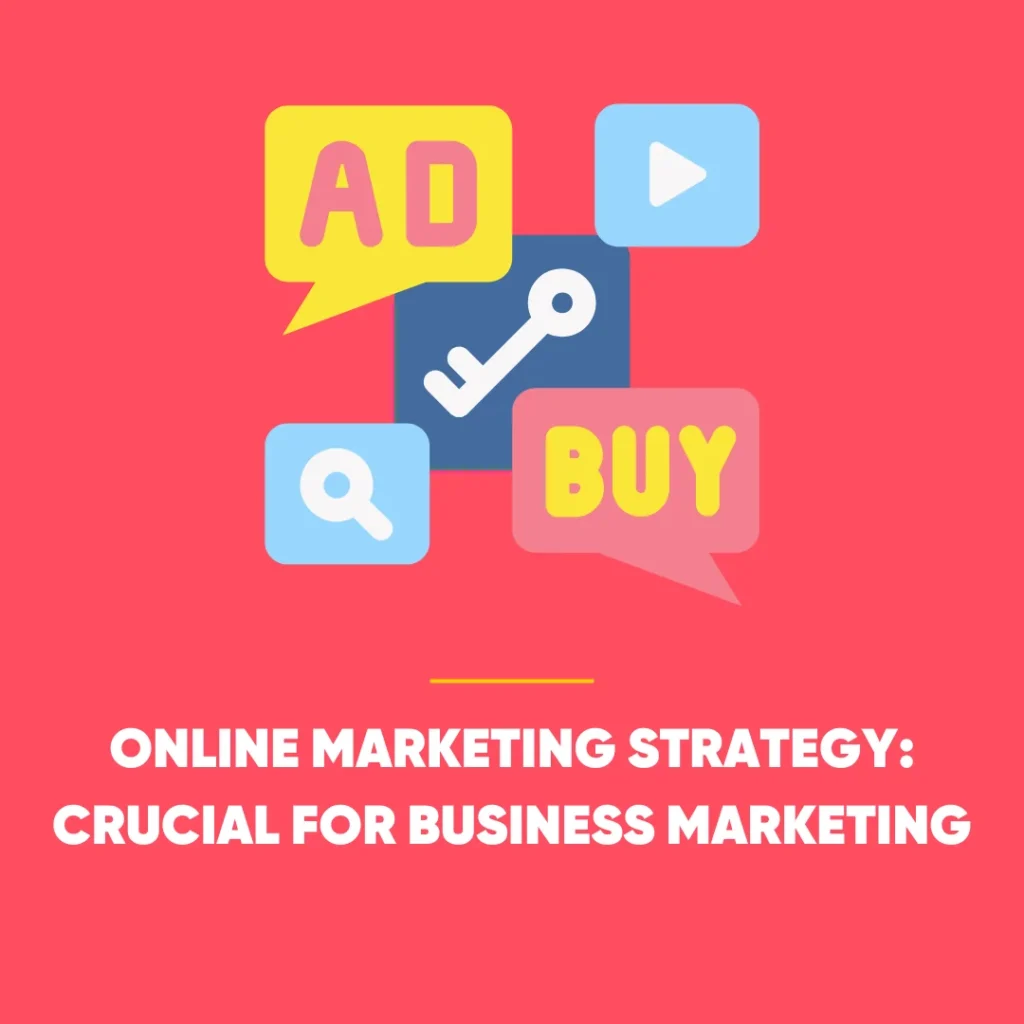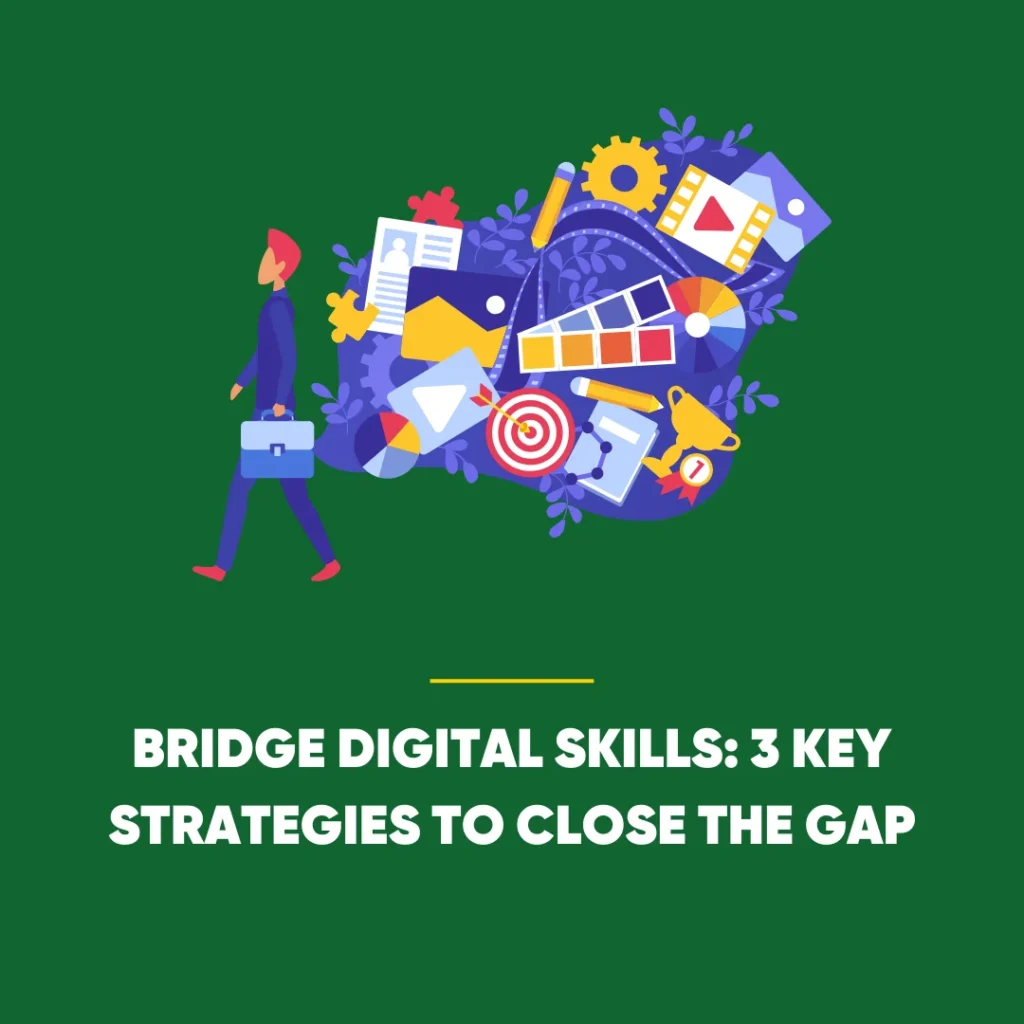Master Guide For SEO
Everything you need to know about SEO provided by a top-quality London SEO agency
SEO is critical for driving traffic, leads, sales, and authority but you’ll only see those results if you execute it correctly. Because Google’s search algorithms are always changing, there’s no guarantee that SEO tactics that worked in the past will continue to work in the future. That is why, if you really want your company to prosper, you must keep up with the current SEO recommendations.
This comprehensive guide provides the most up-to-date SEO industry standards so you can improve the visibility of your content in search results and increase traffic, prospects, and sales.
SEO Explained
The term SEO refers to the process of optimising a website for search engines. It’s the process of improving your web pages’ search engine rankings so that they appear higher in search results, resulting in more visitors to your site. Search engine optimizer is another term for SEO. A person who specialises in search engine optimization.
The goal of search engine optimization is to enhance organic traffic. This is the traffic you get when people visit your site after clicking a link in the search results. Paid traffic, on the other hand, comes from advertisements.
The majority of SEO focuses on optimising for Google’s search engine, which has a market share of over 90% of the global search market. Other search engines, such as Bing, Yahoo, Baidu, and others, can also be optimised. On-page SEO and off-page SEO are the two most common forms of SEO efforts.
On-Page SEO vs Off-Page SEO
On-page SEO, in essence, is all about optimising the content, code, and other areas of your website that you have control over. Off-page SEO, on the other hand, includes taking steps to increase trust, authority, social signals, and inbound links. In your SEO plan, you’ll need both sorts of optimisation.
SEO And Search Engines
When it comes to SEO, search ranking refers to the location of your content on search engine results pages (SERPs). Your web page will come first in SERPs if you have a #1 ranking. Unless there is a sponsored result (which is an ad) or an answer box above it, it will appear at the top of the page.
Your web page content should ideally appear in one of the top three results. That’s because those positions receive nearly half of all SERP clicks, and more clicks equal more traffic, leads, and revenue. Even if your website isn’t in the top three, if it appears on the first page of SERPs, that’s the ultimate goal.
To comprehend SEO, you must first comprehend how Google searches work. As part of its mission to organise the world’s knowledge and make it broadly accessible and valuable, Google wants to produce relevant search results.
To do so, the search engine must first determine what information is available. Search bots, often known as spiders, are Google’s automated software. Crawling the web is the method through which these bots visit web pages. The sites they crawl are then added to Google’s index, which is a massive database of billions of web pages. When people are searching, Google displays the catalogue’s most relevant results.
An SEO agency can be of great help when optimising your web content and ranking higher on search engines.
Understanding Your Search Engine Ranking
Knowing where you’re starting from is one of the first steps in enhancing SEO. This necessitates a review of your search rankings. Searching for the terms you want to rank for is the simplest way to achieve this. To begin, open a hidden or incognito web browser and perform a Google search. Check the results using the terms you believe your clients will use to locate your site.
There are three main search engine ranking factors you must be aware of: links, content, and user experience.
Because links are the foundation of the internet, they are an important SEO ranking signal. Three types of links are important when it comes to search engine ranking:
Inbound links (links to your site from other websites), outbound links (links from your website to other websites), and internal links (links from your website to other websites) are all important (links in your site that direct users to your own content). Backlinks or inbound links help Google determine whether your content is authoritative and relevant. As previously said, if your web page receives a link from an authority site, that link is more valuable than a link from a reduced-quality site.
Content, typically also called search intent, is the second most significant SEO ranking factor, behind links. Relevance and quality, as previously stated, are two critical elements in search engine results.
Google’s ai – powered search ranking algorithm is the third main SEO ranking signal. It’s Called RankBrain, and it’s all about the user experience. There are three important aspects of this company: clickthrough rate, which is the percentage of people who visit your site after clicking on a SERPs entry, bounce rate, which is the percentage of people who visit your site after clicking on a SERPs entry and dwell time, which is how long they stay on your site after arriving. Longer is clearly preferable, as it indicates that your site met their expectations.
Master Guide For SEO Final Words
You can get lost among the billions of links if you don’t pay attention to SEO. SEO allows you to rank for the terms that your consumers use, allowing you to do more business.
This article provides a useful master guide to nail your SEO to increase your website’s traffic and skyrocket your business. The best SEO in London can be achieved by Byter, one of the best SEO agencies available today. With unique and personalised services for your business, you can get ahead of the competition and master all SEO practices for outstanding results.
